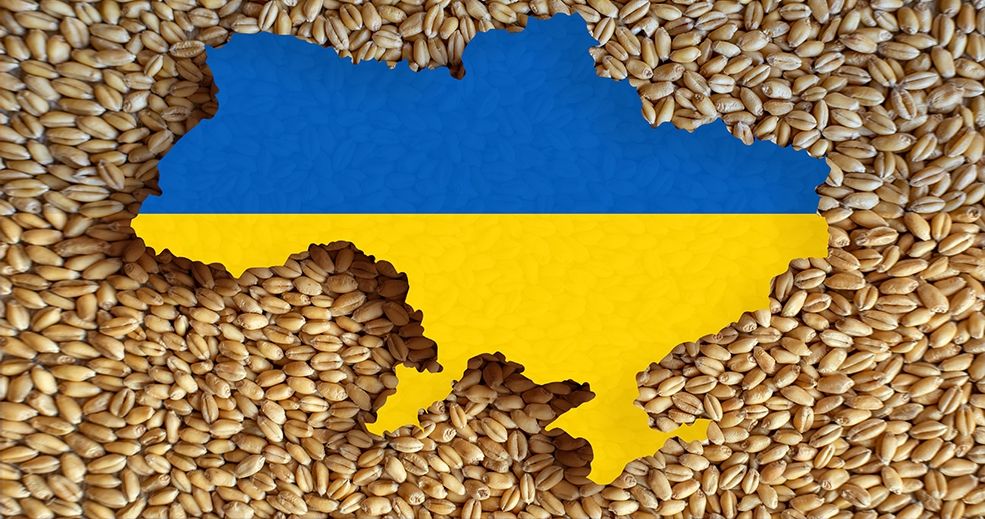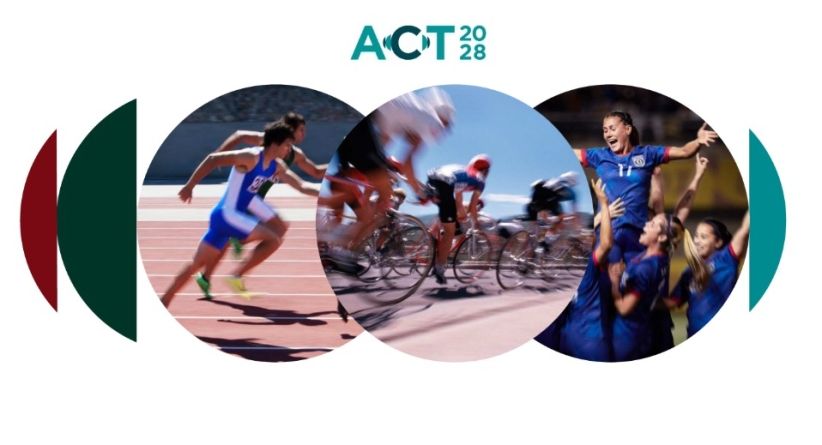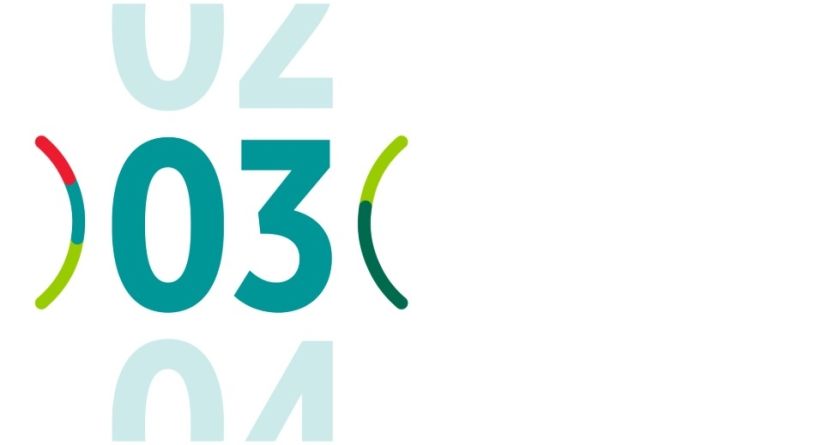
The question of how to get cereal from Ukraine onto international markets has been one of the major immediate consequences of the war, which has seriously disrupted export channels and farming conditions1.
First off, by selling cereal, Ukraine generates export income. Second, with input prices rising and the war causing a great many difficulties, farmers need to be able to shift their harvested crops so as to be able to carry on producing, in terms of both the agricultural cycle and planting new crops. Lastly, as one of the world’s leading cereal producers, Ukraine is a source of staple food for regions that are not self-sufficient, particularly in the Middle East and sub-Saharan Africa. So behind this question of cereals lies the issue of global food security.
Laborious negotiations with Russia resulted in the temporary opening of an export corridor via the Black Sea, allowing some 24 million metric tons of grain to find its way onto global markets. (In March, the agreement to open this corridor was extended to 18 May.) The deal obviously remains shaky. At the same time, the European Union (EU) decided in a show of solidarity to scrap import duties on cereal from Ukraine – the cost of which has surged – to help it get to those parts of Europe and the world where it is most needed. The idea was mainly that central Europe would act as a transit area. This has worked well for goods shipped in large quantities via multiple networks. But smaller quantities, which are of less interest to big importers, have built up in the local markets of neighbouring countries. The Polish, Hungarian, Romanian and Slovakian markets have been flooded with Ukrainian wheat priced very competitively relative to locally produced wheat.
With inflation running high, especially on food products, cheaper wheat might have been welcome if these countries had been only importers – which they are not. Farmers in neighbouring countries thus find themselves competing with Ukrainian wheat in their own domestic markets.
With local producers – who in some countries (e.g. Poland and Hungary) form the ruling parties’ core voter base – severely under pressure, authorities in five EU Member States (Poland, Hungary, Romania, Bulgaria and Slovakia) have unilaterally decided to go against single market rules by banning the import and transit of Ukrainian wheat.
A surprising decision that calls for thought
Firstly, of the five countries that have decided to ban imports of Ukrainian cereal, some – mainly Poland and Romania – have shown unwavering geopolitical solidarity with Ukraine, notably by taking in refugees and providing financial aid to families. And European and American military aid has transited through central and eastern European countries. If you rank countries by the amount of aid provided to Ukraine as a percentage of their GDP, Poland comes fourth, behind the three Baltic States2 and just ahead of the United States (accepting that Poland’s GDP is obviously not in the same league as America’s).
Furthermore, these countries voted for and implemented sanctions against Russia, for which they have paid a heavy cost in terms of higher prices, particularly for energy, on which they are all heavily dependent for industry and domestic heating. Just about every country in Central Europe has experienced double-digit inflation, sometimes as high as almost 20%, significantly weakening their public finances and standards of living.
It’s surprising, then, to see central European countries breaking the single market’s competition rules for mainly electoral reasons when it is those very rules that have enabled – and continue to enable – these countries to grow and catch up with the rest of the European market.
The decision by these five countries to ban the import and transit of Ukrainian wheat also raises the question of how resilient wider European public opinion will prove as the people of Europe continue to suffer the effects of sanctions and higher prices triggered by the war in Ukraine. Are we, through this issue of wheat, seeing the first signs of fatigue among the population of Europe? Will it be possible to sustain the Ukrainian war effort over the long term without fuelling discontent? Might other, similar phenomena emerge or proliferate, ultimately exposing some degree of fragmentation of European unity?
The European Commission has been quick to respond to the situation, writing a €100 million cheque to support farmers in the five countries in question provided the ban – which it has condemned – is lifted. Issues around other agricultural products will be up for negotiation so that ways can be found to continue to support Ukraine while ensuring some measure of balance for European producers. But the trade-offs are likely to become increasingly tricky.
1 See Sébastien Abis, "Géopolitique du blé", published in 2023 by Armand Colin
2 How Much Aid Has the U.S. Sent Ukraine? Here Are Six Charts. Council on Foreign Relations (cfr.org)







